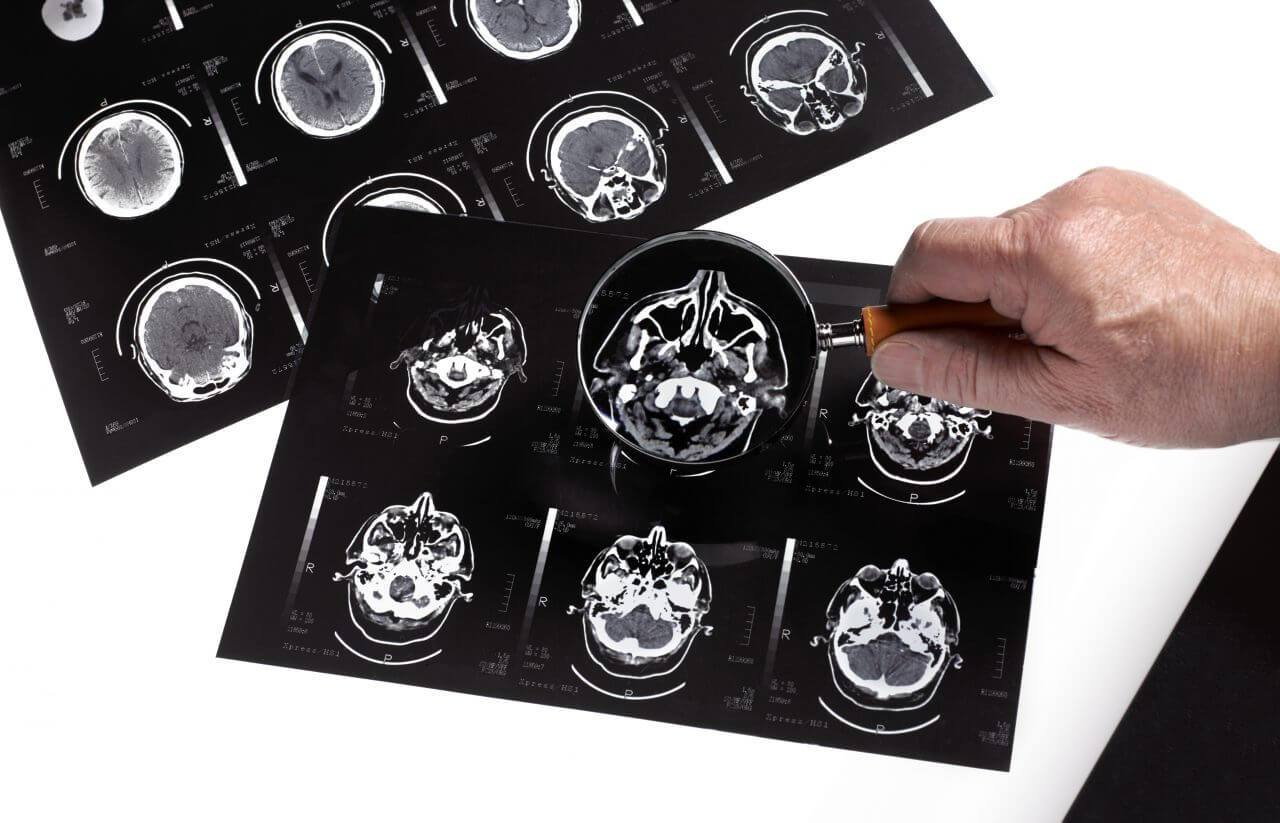Alzheimer’s/Dementia and the Holidays

Life can be challenging for patients with Alzheimer’s disease or dementia and their families. But there’s no reason the holidays can’t be enjoyed by all. It simply requires a little planning and preparation.
Create a Safe, Comfortable Environment
Ensuring that a loved one with Alzheimer’s or dementia is safe and comfortable during the holidays is a top priority for every family. It’s a good idea to:
- Address potential safety hazards. Ensure you position extension cords in a way that doesn’t pose a tripping hazard, consider using electric candles rather than lighting real candles, and, in general, assess and address safety risks throughout your home.
- Use safe decorations. Avoid glass tree ornaments that can shatter, decorations resembling food that might be ingested, etc.
- Minimize strong stimuli. Loud sounds and bright or blinking lights can agitate or confuse a person with Alzheimer’s disease.
- Play soothing music. Familiar tunes played at moderate volume can help relax the person and make the holidays more enjoyable.
Adapt Holiday Activities
When planning holiday activities for seniors with dementia, consider changes to make them more appropriate for that person. For example, you can:
- Host small gatherings. If having visitors come to your home, limit the number of attendees, as crowds can be intimidating and confusing to those with cognitive challenges.
- Set aside a quiet place. Have a room where your loved one can go if they need to rest.
- Involve your loved one in holiday preparations. Show them you value their contribution by encouraging them to assist you in a way they’re comfortable with, which could be something simple like opening holiday cards to display around your home or arranging a veggie tray.
- Keep time away from home to a minimum. If you’re attending events, plan on short visits that don’t tax your loved one physically or mentally.
- Work around their schedule. Sticking to a routine is helpful for people with Alzheimer’s and dementia. Try to match activities to their level of energy and alertness.
Celebrating the Holidays at a Care Facility
If your loved one is in a residential care setting, take steps to make your visit enjoyable.
- Spend time in a comfortable environment. If the person is most comfortable in their room, hold celebrations there. If they like the ambiance in a decorated common area, visit with them there.
- Keep the number of visitors to a minimum. If several people want to see a loved one, spread the visits out over multiple days.
- Schedule visits in sync with the person’s daily rhythm. Talk with a care provider to learn when your loved one’s high energy points are during their day and visit during one of those times if possible.
Preparing Loved Ones for a Visit
For some people, spending time with someone with Alzheimer’s disease or dementia is a new experience. Help them get the most out of it by explaining what to expect.
- Offer communication suggestions. It’s good for guests to understand how best to interact with your loved one.
- Keep family and friends up to date. If the person’s condition or cognitive abilities have changed significantly since someone last saw them, explain what to expect.
- Find the right holiday activities for dementia patients. If your loved one enjoys looking at photo albums, for example, plan to have yours handy and perhaps have a guest bring theirs if appropriate. Or, if the person has fond memories of watching a particular holiday movie, plan to do that.
- Wrap up the visit at the right time. If you see signs that your loved one is tiring, conclude the visit or encourage them to consider a nap or relaxation in another room.
Take Care of Yourself
When caring for a loved one with Alzheimer’s disease or dementia, it’s vital that you take care of yourself, too. That’s especially true during the busy holiday season.
Be sure to:
- Include some “downtime” in your schedule. Find time when your loved one is sleeping or being cared for by another family member to relax and unwind.
- Ask for assistance. Whether it’s helping the person with Alzheimer’s or handling holiday decorating, shopping, etc., it’s essential to get assistance from your family and friends.
- Manage expectations. The holidays are different when a family member is in cognitive decline. People should understand that and adjust accordingly.
- Eat a healthy diet, get plenty of sleep, etc. Practices that are important to your physical health all year long are critical during the holidays.
Alzheimer’s and the Holidays: Make the Most of Your Time Together
Although your loved one can’t participate in holiday festivities like they used to, there’s no reason you and they can’t enjoy the season. There certainly are challenges you must overcome, but by planning ahead and enlisting the help of others, you can do it.
Learn About Neurology Services at Baptist Health
Baptist Health offers world-class support for patients with Alzheimer’s and dementia and their families. Learn about Baptist Health Neurological Care or find a provider near you.



